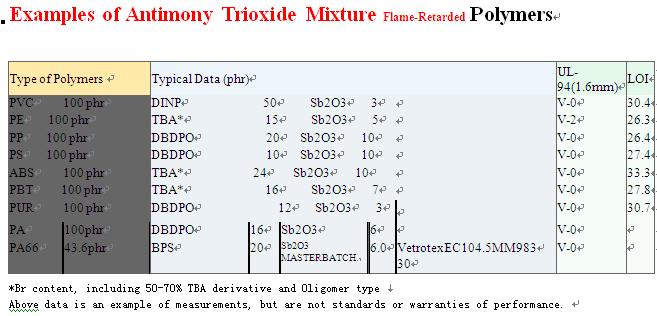Wednesday, January 10, 2007
Bolivian EMV: No output increase in 2007 due to mining instability
Bolivian smelter Empresa Metalúrgica Vinto (EMV) does not plan to increase production in 2007 because of strikes and mining protests that plagued the country in October last year, company manager David Rivero told BNamericas.
“These social movements have skewed the potential of mining production a bit and we depend on that very much,” Rivero said.
EMV’s work plan is based on the amount of raw material it can receive. “If that fails, it is obviously going to affect us. If mining production is very good, it is most likely that plans will be surpassed,” the executive said.
For 2007, EMV will keep its production goal at 12,000t, similar to 2005. The anticipated goal for 2006 was to reach 14,000t of tin fines.
In October, tension in Bolivia’s mining sector came to a head when Fencomin cooperative miners tried to take by force the Posokoni hill tin mine in Oruro department’s Huanuni mining district. The move sparked a violent confrontation with Posokoni workers belonging to the Bolivian mineworkers union FSTMB and contracted by state mining corporation Comibol, resulting in some 16 deaths and the resignation of mining minister Walter Villarroel.
Investments
The EMV executive also said that investment in 2007 will be quite brisk. “We are talking about several million dollars because we need to upgrade equipment and update the work environment,” he said without offering specific figures.
Rivero considers the investment plan very aggressive, “and if we remain a private company,” he said, “we are definitely going to carry this out,” alluding to President Evo Morales’ plan to return the company to state control.
In 2006, the company made investments of nearly US$45mn at the Colquiri and Poopó mines, said the executive.
EMV is controlled by a trust made up of the UK’s Commonwealth Development Corporation (CDC) and Bolivia’s largest mining company, Sinchi Wayra.
消息來源
“These social movements have skewed the potential of mining production a bit and we depend on that very much,” Rivero said.
EMV’s work plan is based on the amount of raw material it can receive. “If that fails, it is obviously going to affect us. If mining production is very good, it is most likely that plans will be surpassed,” the executive said.
For 2007, EMV will keep its production goal at 12,000t, similar to 2005. The anticipated goal for 2006 was to reach 14,000t of tin fines.
In October, tension in Bolivia’s mining sector came to a head when Fencomin cooperative miners tried to take by force the Posokoni hill tin mine in Oruro department’s Huanuni mining district. The move sparked a violent confrontation with Posokoni workers belonging to the Bolivian mineworkers union FSTMB and contracted by state mining corporation Comibol, resulting in some 16 deaths and the resignation of mining minister Walter Villarroel.
Investments
The EMV executive also said that investment in 2007 will be quite brisk. “We are talking about several million dollars because we need to upgrade equipment and update the work environment,” he said without offering specific figures.
Rivero considers the investment plan very aggressive, “and if we remain a private company,” he said, “we are definitely going to carry this out,” alluding to President Evo Morales’ plan to return the company to state control.
In 2006, the company made investments of nearly US$45mn at the Colquiri and Poopó mines, said the executive.
EMV is controlled by a trust made up of the UK’s Commonwealth Development Corporation (CDC) and Bolivia’s largest mining company, Sinchi Wayra.
消息來源
Subscribe to:
Post Comments (Atom)
Examples of Antimony Trioxide Mixture Flame-Retarded Polymers








0 comment:
Post a Comment